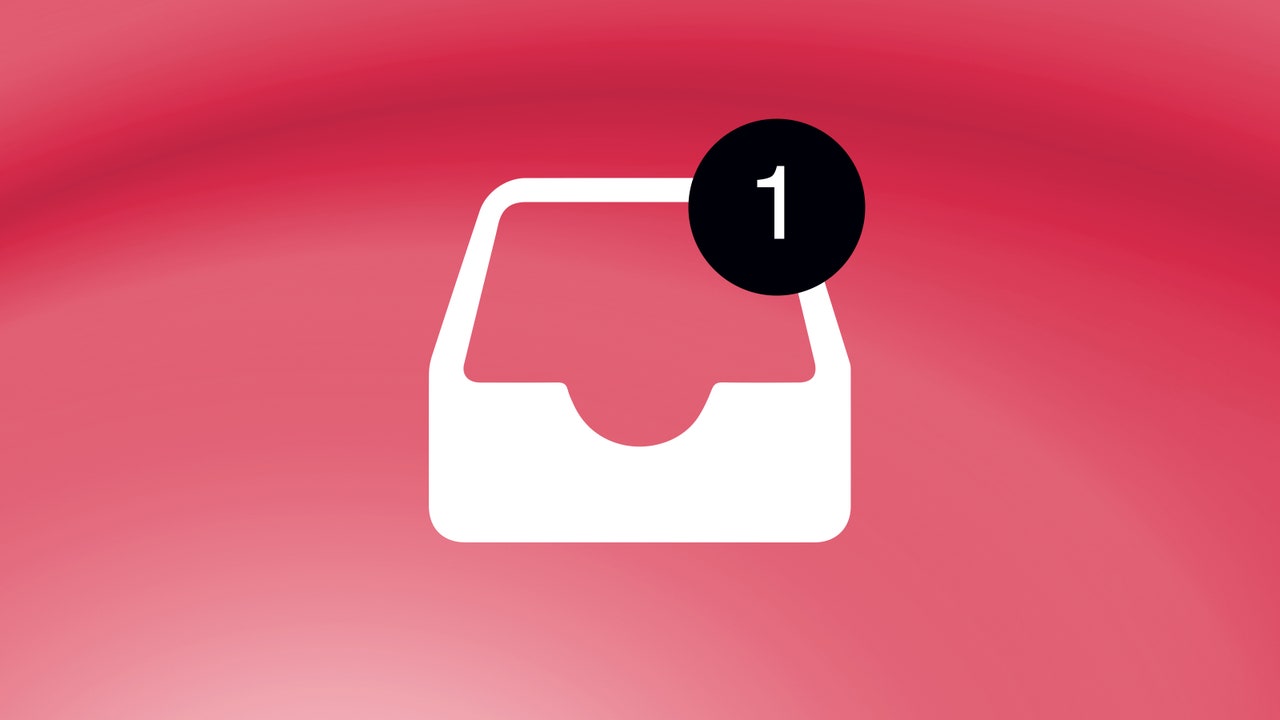The Insidious Way ‘Health Coaches’ Are Targeting New Moms on Instagram

Enter Instagram, believe it or not. The social network provides a safe space for new moms to commiserate, connect, and learn from each other, especially during the first weeks of parenting when moms who are fortunate enough to be able to take leave from work are cooped up and in need of support. Women who want to sell product know this. “As soon as you hashtag #plussizemom, #newmom, #postpartummom, even #fatmom, you will get at least three of these accounts following you,” O’Malley explains. (In addition to her own account @miaomalley, O’Malley co-runs a page called @plussizebabywearing and has worked in social media professionally.) It happens, too, whenever Brandy Casebolt, a new mom from Missouri, posts with these hashtags. “I have had body dysmorphia since my teenage years. I absolutely hated myself. And then I got pregnant. It was like something inside me was just like, hello, you’re fabulous! It made me realize I am not an awful person just because I exist in a larger body,” she says. It was that epiphany led Casebolt to start using plus-size motherhood hashtags on her posts in the first place. “The hashtags remind me of what I feel whenever I see other plus-size women flaunting themselves. That’s my community. I don’t have to be fat and sad,” she says. Getting a weight-loss DM does the opposite: it reminds her of her old feelings. “It enrages me. It makes me so angry that somebody would use a positive outlet for something so awful,” she says.
So if this practice is so gross, why does it keep happening? Melissa Blevins, the blogger behind Perfection Hangover and a former coach in the world of weight-loss MLMs, believes the women behind the messages honestly don’t see themselves as online bullies. “They believe they were sent by someone—God, maybe—to help these women. They probably believe that when other women are hashtagging, that’s an open invitation to come and help that person,” says Blevins.
Regardless of why it’s happening, “From a body-positive perspective, it’s a terrible source of bullying,” says O’Malley. “Women who follow hashtags like these, they usually have come to a place in their life—after many years of struggling—of accepting their body or learning to love their body,” she says. “To target women who are exploring the world for the first time from the perspective of ‘Hey, I like myself the way I am’—you are completely degrading that,” she says.
These communities are important, too: recent Pew research found that 50 percent of moms say they’ve received social or emotional support about a parenting issue from online networks—and using hashtags like these is an effective way to find women in similar situations to your own. “There’s a huge amount of vulnerability as a new mom—your body is changing, your relationship to the world is changing. Having other people to go through that with is powerful,” says Amanda Lenhart, program director of health and data the Data & Society Research Institute in NYC and one of the researchers on the Pew study. “But because of the way you’re looking for those people—through hashtags—it means other people can find you, whether that’s to market [product] to you or worse,” she explains. It becomes a catch-22: “The way to create the strongest connections online is by letting your armor down and being vulnerable, but if you have to keep that armor up because you’re afraid of the comments or messages that might come in, you won’t get the very thing you were looking for.” Roop says that’s been her exact experience—that these DMs have corrupted her relationship to social media overall, as she’s gone from connecting with other moms across the platform to retreating into her private account. “I’ve stopped using hashtags because of this,” she says. “It sucks. You want and need to have a community as a mom, and then that community preys on you.”
Jane Marie, host of the podcast The Dream which delved deep into the world of MLMs in its first season, adds that, there is really only one solution—ignoring the messages, even if it might feel good to try and tell someone off. Sellers for MLMs or other companies tend to have an answer for everything. “They don’t care that they’re invading your space,” says Marie. “If you get a request from somebody you don’t know, just let it go to the garbage.”
Ages reflect how old children were at the time of interviews.
Sara Gaynes Levy is a writer and editor in New York City covering women’s health, parenting and culture. Her work has appeared in New York Magazine, The Guardian, The Wall Street Journal, and others. Follow her on Instagram (but please no solicitous DMs!) @saragayneslevy.
